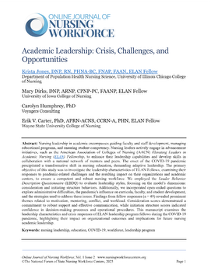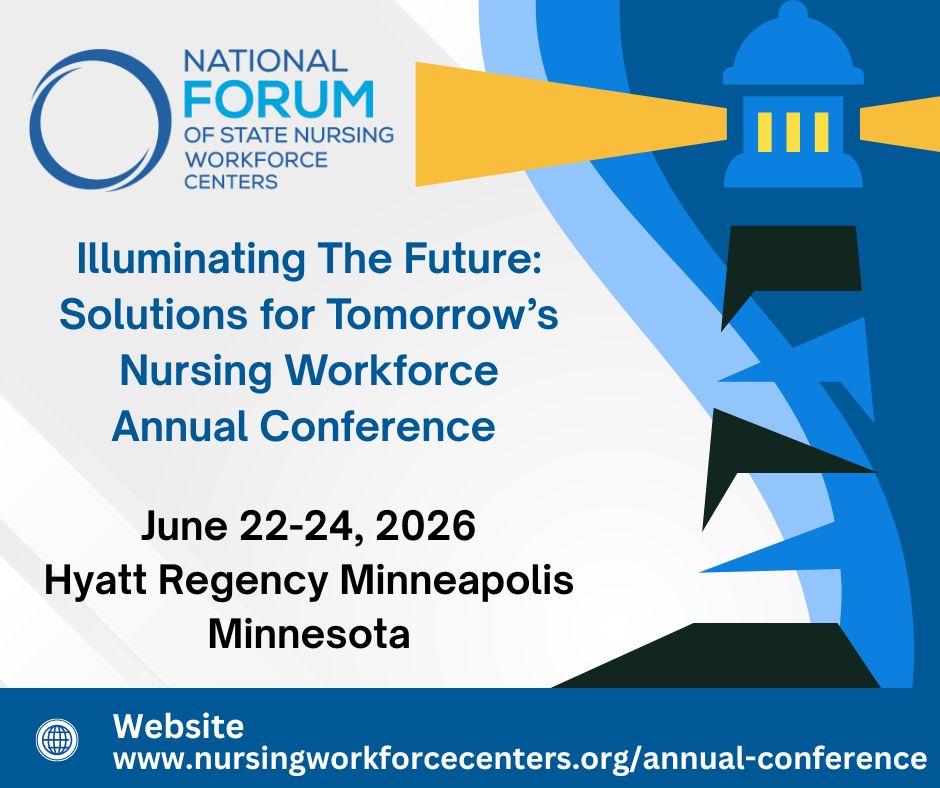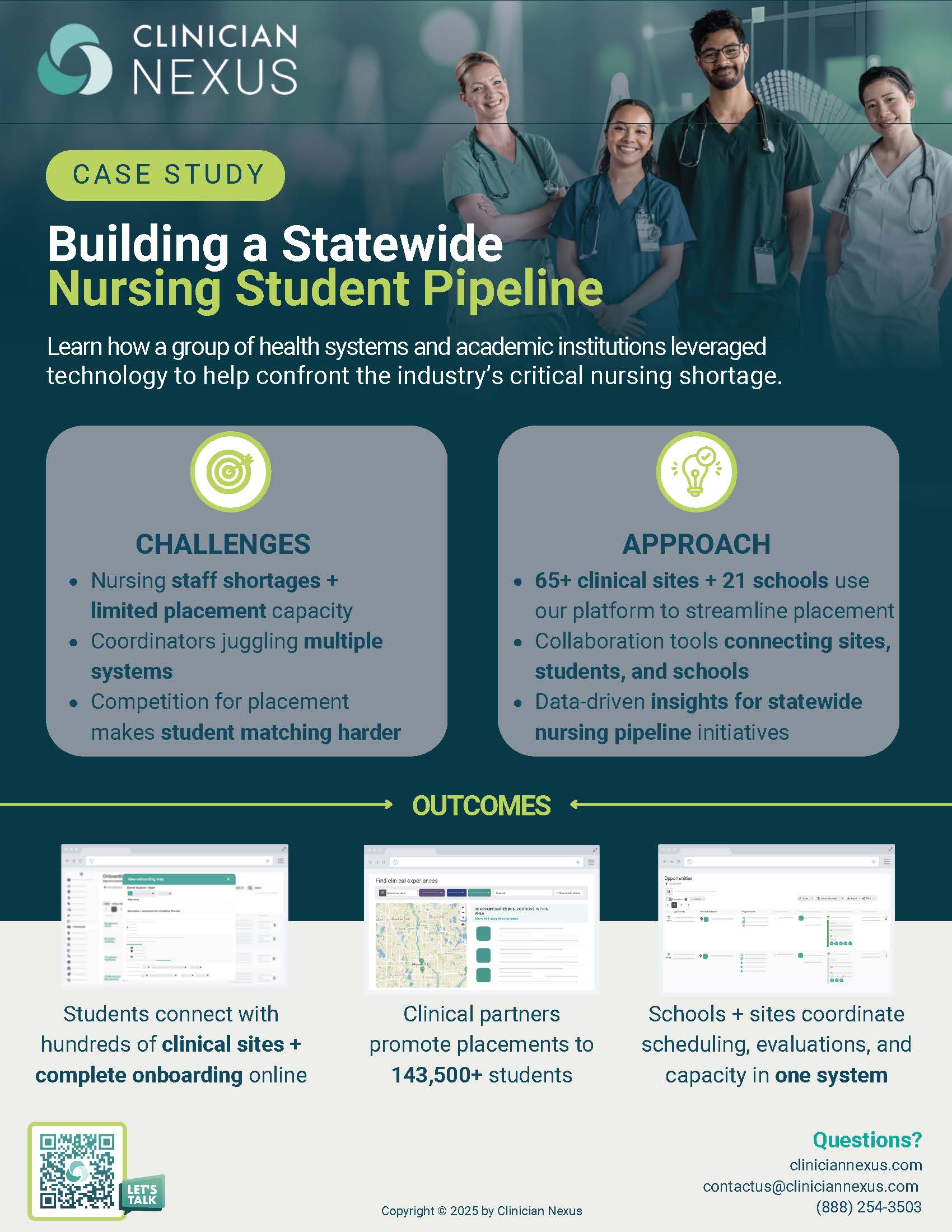Academic Leadership: Crisis, Challenges, and Opportunities
Keywords:
nursing leadership, education, COVID-19, Workforce, Leadership ProgramAbstract
Nursing leadership in academia encompasses guiding faculty and staff development, managing educational programs, and ensuring student competency. Nursing leaders actively engage in advancement initiatives, such as the American Association of Colleges of Nursing (AACN) Elevating Leaders in Academic Nursing (ELAN) Fellowship, to enhance their leadership capabilities and develop skills in collaboration with a national network of mentors and peers. The onset of the COVID-19 pandemic precipitated a transformative shift in nursing education, demanding adaptive leadership. The primary objective of this study was to investigate the leadership characteristics of ELAN Fellows, examining their responses to pandemic-related challenges and the resulting impact on their organizations and academic centers, to ensure a competent and robust nursing workforce. We employed the Leader Behavior Description Questionnaire (LBDQ) to evaluate leadership styles, focusing on the model’s dimensions: consideration and initiating structure behaviors. Additionally, we incorporated open-ended questions to explore administrative difficulties, the pandemic's influence on curricula, faculty, and student development, and the strategies used to address these issues. Findings from fellow responses (n = 49) revealed prominent themes related to motivation, mentoring, conflict, and workload. Consideration scores demonstrated a commitment to robust support and effective communication, while initiation structure scores indicated confidence in decision-making processes and operational procedures. This manuscript examines the leadership characteristics and crisis responses of ELAN leadership program fellows during the COVID-19 pandemic, highlighting their impact on organizational outcomes and implications for future nursing academic leadership.








